Proposal to completely abolish regulations on conformity declaration
On the morning of May 10, discussing at the hall about the draft Law on Technical Standards and Regulations (amended and supplemented), delegate Tran Thi Van - Bac Ninh delegation proposed to completely abolish the regulation on conformity declaration, instead of keeping a part as in the report on the draft law review.
Explaining this proposal, Ms. Tran Thi Van said that the regulation on conformity declaration is just a formality, overlapping and unnecessary. Group 2 products, which are goods for conditional production and trading, have been assessed and fully certified according to legal and international regulations, which means that the enterprise has ensured the conditions for quality production processes.
"It is unreasonable and wasteful for a business to repeat the entire process of testing, sampling, and evaluating to declare conformity just to reconfirm what has already been confirmed," delegate Tran Thi Van emphasized.
Furthermore, current regulations on conformity declaration only focus on controlling individual activities, through a sample that the enterprise tests.
According to delegate Tran Thi Van, this leads to businesses being able to cope by making good samples for testing but mass producing bad samples. This is a loophole for some businesses to dishonestly release substandard goods to the market, as in the recent case of nearly 600 fake milk labels.
Along with that, the declaration of conformity will create additional administrative procedures, business conditions, increase costs, waiting time, and reduce the competitiveness of domestic enterprises' goods.
Delegate Tran Thi Van cited that just to complete a procedure of conformity declaration for a product, businesses have to pay an average of 3-5 million VND, even up to 15-30 million VND in some cases. "This procedure must be repeated every 3 years, creating a continuous cycle of waste. For example, with a factory of 300-500 products, the cost can increase to 1.5-2 billion VND," Ms. Van emphasized.
Shift from pre-control to post-control
Sharing the same view, delegate Trinh Tu Anh - Lam Dong delegation said that the cost of testing, certification, and conformity declaration is a significant financial burden, especially for small and medium enterprises. The long time to complete these procedures slows down the process of bringing products to market, reducing competitiveness. This invisibly increases the overall production cost, affecting the competitiveness of "Made in Vietnam" goods.
Delegate Tu Anh proposed that the State should strongly shift from pre-inspection to effective post-inspection. This is an inevitable trend of modern administrative reform. Resources saved from cutting pre-inspection should be focused on investing in specialized inspection and examination, with a focus and key points, based on risk assessment and warning information. The market needs to be closely monitored and any fraudulent or quality violations should be strictly handled to create deterrence.

Delegate Trinh Tu Anh - Lam Dong Delegation
Don't just stop at "following behind to integrate"
Next, delegate Tu Anh commented on enhancing the leading role of the National Standards system. Currently, more than 60% of our Vietnamese standards are built on the basis of harmonization and acceptance from international standards, regional standards or foreign standards. However, if we only stop at "following behind to integrate", it will be difficult for us to make a breakthrough. Vietnam does not have many national standards that are leading, creating trends, or demonstrating the country's pioneering role in areas where we have strengths or have strategic development orientations.
This female delegate proposed that the revised Law should clearly and strongly stipulate specific policies and mechanisms to develop pioneering Vietnamese standards. There should be national programs on standards development leading the way, identifying priority areas in which Vietnam has advantages or strategic significance such as: organic agriculture, high-tech agriculture, medicinal herbs and traditional medicine, renewable energy, energy storage technology, circular economy , national digital transformation, applied artificial intelligence (AI), blockchain technology, and green logistics... Forming a mechanism to "order" from the State and the market for research and development of Vietnamese standards in the direction of "Make in Vietnam".
Source: https://phunuvietnam.vn/dai-bieu-quoc-hoi-chi-ra-ke-ho-de-doanh-nghiep-gian-doi-trong-vu-600-nhan-sua-gia-20250510143620049.htm





![[Photo] Prime Minister Pham Minh Chinh chairs conference to promote public investment growth momentum](https://vphoto.vietnam.vn/thumb/1200x675/vietnam/resource/IMAGE/2025/5/20/7d1fac1aef9d4002a09ee8fa7e0fc5c5)






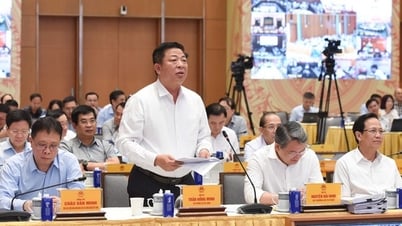


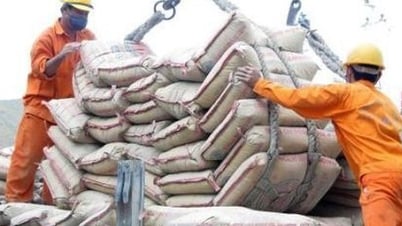









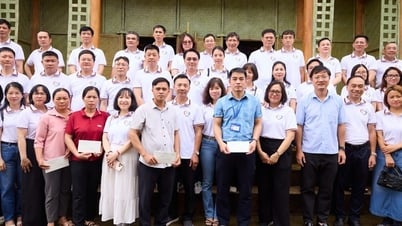






































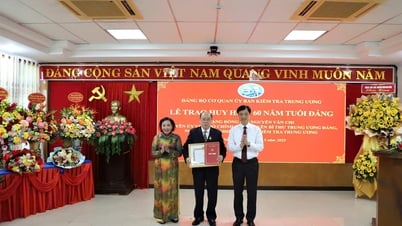



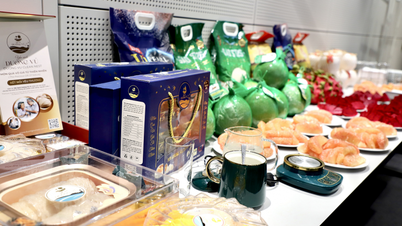

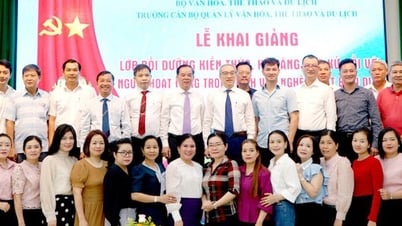


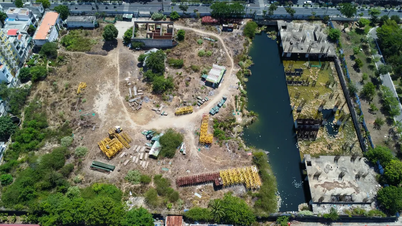

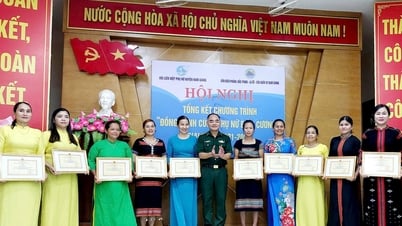




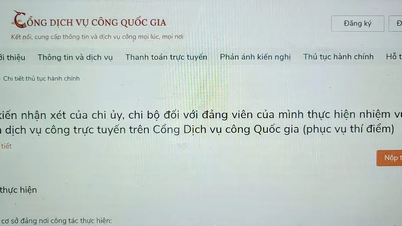














Comment (0)